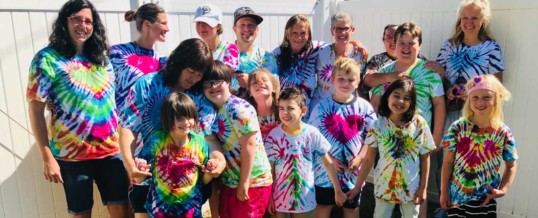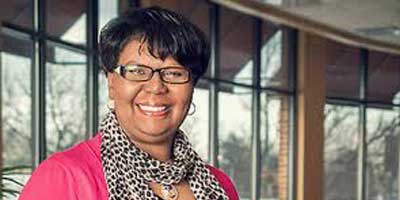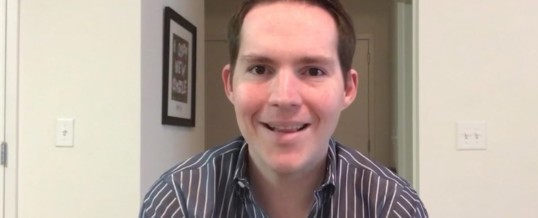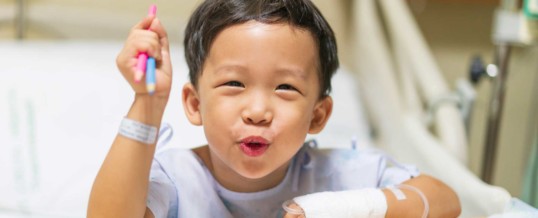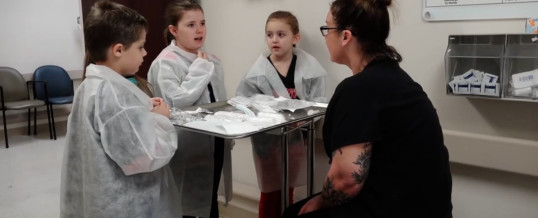By Anita Lesko, BSN, RN, MS, CRNA, CAS (and proudly on the autism spectrum)
Currently, 1 in 44 children in the US are diagnosed with autism, with many more children and adults being missed or receiving a diagnosis later in life as adults. This means a high percentage of individuals bring seen in hospitals, pediatrician or primary care offices, emergency rooms, and other healthcare settings have sensory and communication differences that need to be understood and addressed by providers.
Lack of specific training and knowledge in the healthcare field is constantly leading to people with autism not being diagnosed or treated properly as well as often avoidable situations that impede timely or effective care. The experience of a person with autism starts when they arrive at your facility and first get to intake, so the importance of training does not stop with the medical staff. It actually starts with the non-medical staff in intake, as often times overwhelm can start before the person with autism has even seen their healthcare provider, adding sometimes insurmountable challenges to effective care. Continue Reading →
15
JUN
